NEIGHBORHOODS ORGANIZING FOR CHANGE
TAKEACTION MINNESOTA
ISAIAH
THE CENTER FOR POPULAR DEMOCRACY
Introduction
A well-funded and well-designed transit system helps increase access to opportunity across a region and connect residents to each other, jobs, education, grocery shopping, healthcare, and recreation. For low-income residents, for whom car ownership may be out of reach, public transportation may be the only way to access opportunities outside their immediate neighborhoods. However, a transit system that does not serve the current housing, employment, and education patterns exacerbates existing racial and economic disparities.
Racial disparities have long shadowed the Twin Cities region. The region has long been considered one of the best places in the US to live both overall1 and on a range of measures—quality of life, happiness, health and fitness, family life, and business and careers. However, the region has some of the most dramatic racial disparities in the country: labor force participation, income, and educational attainment rates among communities of color reflect sharp disparities of opportunity and outcome.
Without active policy-making to ensure the prosperity of the region is shared, the expansion of existing disparities among the region’s fastest growing populations will erode the overall quality of life. This paper focuses particularly on the role that transit planning and funding can play in addressing one aspect of these disparities: the transit time penalty.
Lack of transit exacerbates racial and economic disparities in two ways. First, the lack of transit service forces dependence on costly auto ownership. Only approximately 15% of jobs in the Twin Cities region are well served by transit, resulting in working families in the Twin Cities spending more on transportation than on housing.
Second, inadequate public transportation results in a costly transit time penalty—defined as the additional time that is often required to travel between two points by public transportation, compared to travel by car. The transit time penalty disproportionately impacts communities of color due to the dynamic interplay of geographic segregation and the disparate rates of public transit use, which we discuss in the next section. In the Twin Cities area, Black, Asian, and Latino workers who rely on public transit spend the equivalent of roughly 4 work weeks per year more on their commute than white solo drivers.
The Metro Transit Service Improvement Plan 2015-2030 (SIP) thoughtfully addresses many of the factors exacerbating the transit time penalty. Indeed, the plan rightly focuses on how to expand and realign service within the current service area in order to increase ridership (particularly for trips other than commutes to work) and decrease travel time. By focusing on improving the connections within, increasing the frequency of, and expanding the coverage of existing bus service, the transit authority has clearly set the goal of improving transit equity, which will contribute to greater equity throughout the region. However, if transit funding is not increased to make this plan a reality—the House Republicans are currently proposing to cut transit funding—racial and economic disparities in the region will worsen.
Transit Time Penalty in Commutes
Transit has many individual and community benefits—from improved safety and cost savings to enhanced personal and environmental health. However, across the nation, trips to work by public transportation take twice as long as trips to work by single-occupancy vehicle. While 68 percent of commutes by people who drove alone last less than 30 minutes, more than half (53 percent) of public transportation commutes are 45 minutes or longer. These travel-mode disparities have racial outcomes: national data show that people of color rely on public transportation for their commutes at significantly higher rates than whites.
Geographic segregation and the disparate rates of public transit use result in time penalties for commuters of color. Across modes of transportation, compared to white workers in the US:
- Asian-American workers spend almost 29 more hours (at the mean) a year commuting.
- African-American workers spend almost 23.2 more hours (at the mean) a year commuting.
- Latino workers spend almost 15.2 more hours (at the mean) a year commuting.
Recently two academic reports have showed that sufficient access to public transportation has a stronger effect on the employment and income chances of a community than many other factors, including elementary school test scores, crime, or the family composition of the neighborhood.
Download full version (PDF): The Transit-Time Penalty and its Racial Implications
About Neighborhoods Organizing for Change
www.mnnoc.org
Neighborhoods Organizing for Change (NOC) is a grassroots, member-led organization building power in under-resourced communities and communities of color across the Twin Cities. Together, NOC members fight for racial and economic justice.
About TakeAction Minnesota
www.takeactionminnesota.org
TakeAction Minnesota is a statewide network of people working to realize racial and economic equity across Minnesota. TakeAction Minnesota does this by connecting people and organizations to each other, turning someone’s individual desire for change—to pass a more progressive policy or law, to improve an institution, to change a harmful idea or perception—into the broad public action that makes change happen where it wasn’t possible going it alone.
About ISAIAH
www.isaiahmn.org
ISAIAH is an organization of congregations, clergy and people of faith throughout Minnesota working together to promote racial and economic justice. ISAIAH is a member of the PICO National Network.
About the Center for Popular Democracy
www.populardemocracy.org
The Center for Popular Democracy works to create equity, opportunity and a dynamic democracy in partnership with high-impact base-building organizations, organizing alliances, and progressive unions. CPD strengthens our collective capacity to envision and win an innovative pro-worker, pro-immigrant, racial and economic justice agenda.
Tags: Center for Popular Democracy, CPD, ISAIAH, Minneapolis, Minnesota, MN, Neighborhoods Organizing for Change, NOC, TakeAction Minnesota, Twin Cities

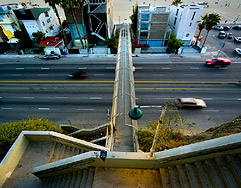
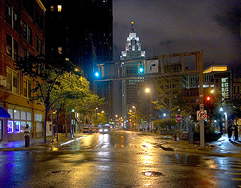
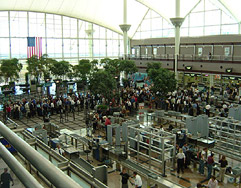
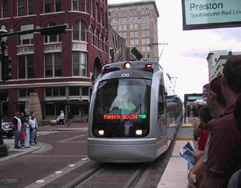
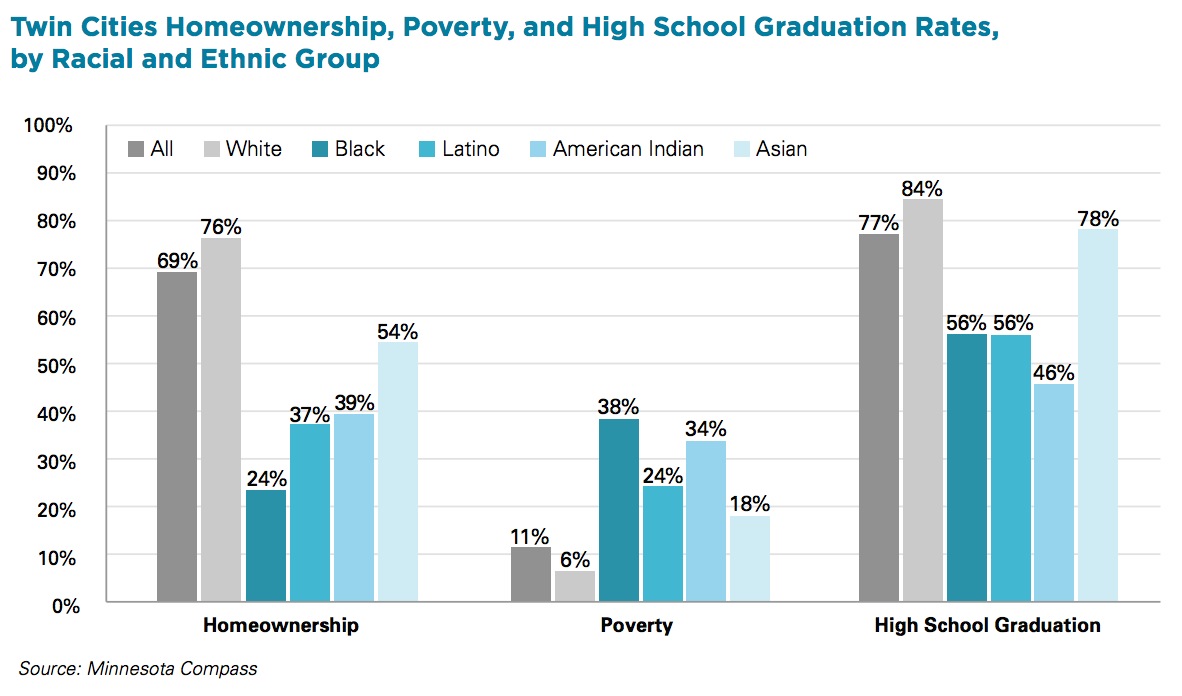
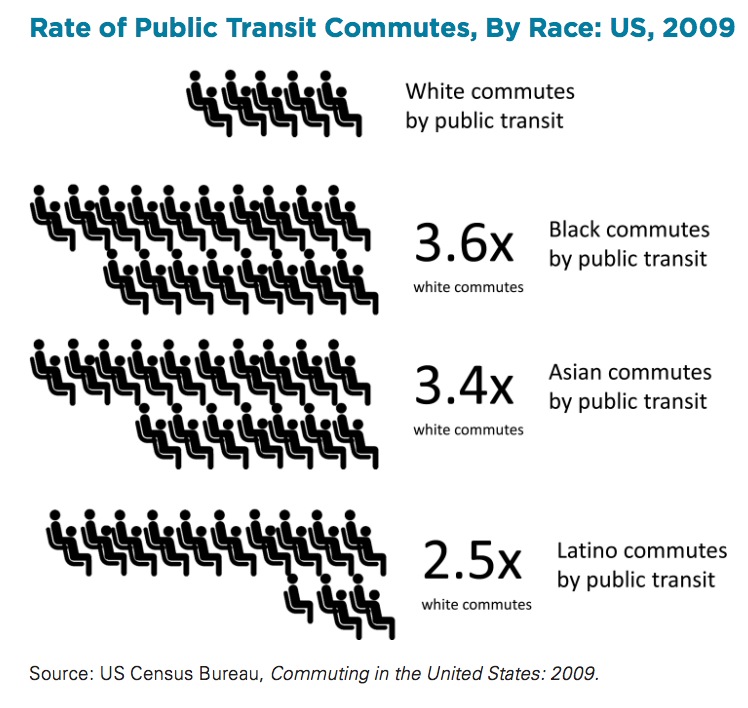

 RSS Feed
RSS Feed